| Deadline: Age ranges: Categories (from the website): Contest tips: Previous winners: Requirements: | March 14, 2014 13-15, 16-18, or 19-21 Writing (article of up to 1000 words), Photography (a single photo or photo essay of up to 12 photos), Video (up to 3 minutes in length, in documentary or reporter/interview style) The website includes tips for choosing a topic and provides other helpful information for contest entrants. Check out the winning entries from last year here. Specific requirements for competition entries are available online. |
|
The National Wildlife Federation is sponsoring an environmental journalism competition for teens and young adults.  It’s a new year! You need to be more productive, right? Check out this short video of helpful tips.  A new year often means pondering the big picture. Start with these questions.  A fresh start requires some perspective on the past. For the publishing year in review, read this roundup from YA Highway.  It’s already January 3rd! Feeling pressure to write something? Try one of these free creative writing prompts.  Will you really keep those New Year’s resolutions? This article lists some pitfalls to avoid. Wishing you a creative, productive and joyful 2014!
For this week's Teen Tuesday, I'm pleased to interview Patrick Ryan, Editor-in-Chief of One Teen Story. 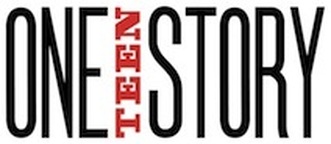 One Teen Story recently celebrated its one year anniversary. Congratulations! Can you explain the concept of a story-a-month? What sets One Teen Story apart from other YA literary magazines/zines? That’s right, we’re a year old. Soon we’ll be walking! One Story started with the idea of celebrating the short story form by showcasing just one short story per issue. That was twelve years ago, and the journey has been tremendous. So a year ago, the idea was hatched to start a second magazine--one geared solely to young adult fiction. That became One Teen Story. What’s particularly exciting about One Teen Story is that it’s the only regular venue out there for young adult short stories. That’s a tremendous thing. There are plenty of talented writers--both established and emerging--who are writing YA fiction in the short form, and they had no regular place to submit their work until OTS opened its doors. Now we’re seeing a lot of fantastic submissions and publishing wonderful short stories that have teen protagonists.
Yes, once a year we have a contest for teen authors, the finalists chosen by us and the winner chosen by an established YA writer. Then we publish the winner as the final issue of that year’s “run.” What we’re looking for is the same thing we look for in all our submissions: outstanding writing, a story that sticks with you, a story that takes risks (even tiny ones) and strives toward greatness. The protagonist has to be a teen, of course, but the subject matter is wide open. We’ve seen submissions that are traditional, quiet, shocking, weird, written in the first-person, second-person, third-person…everything from teen angst stories to speculative fiction. Can you describe what your online “boot camp” is like? Boot Camp was an experiment for us, and one that had great results. We had a lot of people sign up, and then we sent them a “packet” of writing advice each day for a week--all geared toward inspiring the participants to write a draft (even a very rough draft) of a short story in just seven days. We then encouraged participants to write comments or questions on our blog during that week, and I responded to all of them. At the end of the week, we encouraged people to send us what they’d written, and we read through everything and chose our three favorite ones and published them on our blog. As far as we can tell, we had nothing but happy campers! What is the most common mistake or flaw that you see in submissions? Cover letters that attempt to “sell” us on how good the story is. (We don’t really care about the cover letters; we care about the stories.) Submissions that don’t focus on a teen protagonist. Writers who submit work that’s single-spaced and/or lacking page numbers. Writers who submit more than one story at a time. And--this actually happens--writers who create multiple accounts through our submissions data base and then submit the same story more than once, under different names. We’re a very small team of devoted people, so we can’t not notice these things! Do you have any specific advice for teen writers?
Thank you, Patrick! For more information about One Teen Story, visit their website and check their submission guidelines.
Today's Teen Tuesday features an interview with Stephanie Morrill and Jill Williamson who run the Go Teen Writers website. Stephanie founded the site in 2010 and Jill joined her about eighteen months ago. What inspired you to start Go Teen Writers?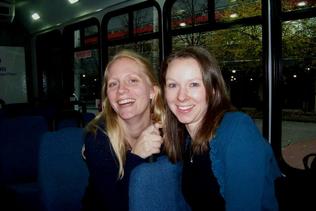 Jill Williamson and Stephanie Morrill Stephanie: Because my fiction is for teen girls, many of the readers who contacted me about enjoying my books shared that they enjoyed writing. They wanted to know what advice I had for teen writers. When I was a teen writer, I didn't know a single person who could help me figure out next steps I should take, so I became really excited about creating a place where teen writers could learn and be encouraged. What are the main benefits that Go Teen Writers provides?Jill: We provide a consistent environment where teens can learn and ask questions. We post consistently, hold a variety of contests, and have guest bloggers who are professional authors, editors, or literary agents. We also provide a community for teens to meet other writers and form support and critique groups. Do you have any advice on what *not* to do as a teen writer?Jill: Try not to surge ahead recklessly. Fight for patience. Too many young authors convince themselves the self-publishing is the best way to go. They self-publish before they’ve learned the craft of writing and storytelling. And then they become frustrated when their books don’t succeed. Learning to write is hard work. Think of it as putting yourself through college. Set your mind on four years of hard work and writing at least a million words. That could be ten 100,000-word books or ten complete rewrites of the same book. But writing is very hard work and too many teens declare themselves ready long before they really are. 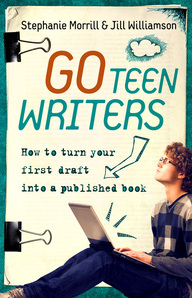 Thank you Stephanie and Jill! For even more information, check out their writing book, Go Teen Writers: How to Turn Your First Draft Into a Published Book. It's on sale this week for .99! After the holidays, check the website for new contest information. This week’s Friday Five focuses on finding writing conferences, retreats, and workshops. Most of these are specific to children’s writers, but some events are for other genres as well. 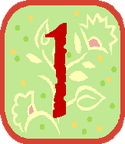 Each year, the Society of Children’s Book Writers and Illustrators hosts two large conferences. The summer conference is held in Los Angeles over three days with an optional intensive (August 1-4 in 2014). For more information about what to expect, read YA author Jody Casella's summary of her experience in 2013. The winter conference is held in New York City over two days with an optional intensive (February 21-23 in 2014) and registration is now open. The NYC conference includes two workshops (that you select) with an editor, agent, or art director, plus numerous industry panels. A complete schedule is available online. On a local level, the SCBWI also hosts regional events. For example, the New Jersey chapter holds an annual conference in Princeton each June, as well as other activities. At the NJ conference, for an additional fee, you can meet one-on-one with an editor or agent (you choose from those attending) for a fifteen page critique. Regional events can be great for networking without travelling too far. 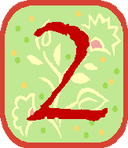 An extensive list of other conferences is available at Shaw Guides. For example, the 21st Century Children's Nonfiction Conference is being held June 20-22, 2014 in New Paltz, New York. 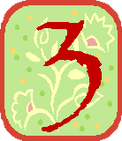 Each August, WriteOnCon, an online children’s writing conference, is offered for FREE. According to the website, “keynote addresses, agent panels, and lectures are presented as blogs, vlogs, moderated chats, webinars, podcasts, and livestreaming. There is also a critique forum, where participants can post query letters and writing samples to receive helpful feedback and comments from their peers and industry professionals.” An archive of the 2013 event is available online. 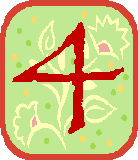 Imagine clearing your schedule of everything but writing! A retreat can provide you with the dedicated time you need to make progress on a project. Writer Vonna Carter has compiled an extensive list of 2014 workshops and retreats across the United States that focus on the craft of writing. They can range from two days to two weeks. 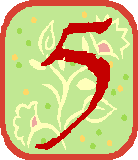 If you prefer to do your learning from home, Vonna has also compiled a list of 20+ online workshops. During an online class, “lectures” are posted as notes on a website that the group can access. Members typically upload their assignments based on a predetermined schedule, and if critiques are included they are posted by classmates online. For example, Gotham Writer’s Workshop offers a ten-week class on the basics of children’s writing that includes instruction, assignments, and two critiques. These types of classes allow you to interact with peers outside of your immediate local area. If you’re unable to attend a regular class (if you have young children, for example), online workshops can be a helpful alternative. If you know of other helpful links for conferences, workshops, or retreats, let me know in the comments. Happy Writing!
Where Teens Write was created and launched by high school English teacher Amy Isaman earlier this year. It's a place for writers (ages 13-19) to get feedback on their work-in-progress, to submit stories to be posted online, and to access writing resources. “I decided to create WTW with a focus on improving writing and learning to write rather than just sharing writing, though I think that’s important,” Amy says. “The purpose is for teens to have a safe, friendly, supportive, and inspirational environment to share their writing.” She also created a Facebook page containing helpful writing links. Writing Opportunity!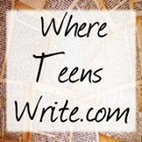 Where Teens Write would like to feature a monthly column on what it’s like to be a teen writer. If you'd like to submit a piece for the new column, email Where Teens Write for details. Writing PromptWhere Teens Write offers several writing prompts. Here is one of Amy’s favorites: Grab your favorite novel. Open it up to a random chapter. Write down the first sentence of that chapter. Choose another chapter. Write down the last sentence of that chapter. Write a 500 word story using those lines as the first and last lines of your story. Advice from a Creative Writing TeacherAmy offers four pieces of advice to teen writers: 1) Keep writing! Don’t ever let a negative curmudgeonly person convince you to give up your dreams of writing. You are writing because you love it and need to heed that call to write. 2) Write your truth. Don’t try to write like your favorite author or include the latest plot trends just because they’re popular. Write your story in your way. It’s opening up to your truth and honoring it that makes writing great. 3) FINISH a piece! I have so many students who have new ideas bubbling up every day. They start writing super excited about it, but then when it gets difficult, they put it aside and start on the next new exciting idea. They have piles of half completed stories, but nothing that they’ve worked all the way through. To really learn about writing and hone your craft, you need to work through the hard parts and figure them out. Even if you hate your story when you're done with it, you’ll have learned something about plot or character. You need to work through the hard parts because there are definitely hard parts when it comes to writing. 4) Find a great critique partner that you trust. This could be online or face to face, but getting good feedback is super important to becoming a better writer. Thank you for the interview, Amy. In addition to teaching 9th grade English, 9th grade Honors English, and Creative Writing, Amy Isaman is also working on her own novels and is participating in Nanowrimo along with 17 of her students.
Visit Where Teens Write or join them on Facebook. From your own name in the news to killer whale noises, this week's roundup of websites has you covered.  To keep up with a certain topic in the news or monitor when you (or your book) is mentioned online, try Talkwalker. This program allows you to set up multiple free alerts. The results are then emailed to you automatically. (Google Alerts works in the same way.)  Need article ideas? At Any Day in History, you select the day and the site displays notable births, deaths, and events that occurred on that date. Earth Calendar displays holiday celebrations around the world. You can view holidays for a specific year by country, or look at what celebrations are happening now. 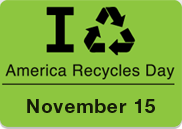 For example, today is America Recycles Day. Who knew? Both these sites could be helpful in sparking an idea for a writing project.  For a huge collection of reference material, check Martindale’s The Reference Desk, which includes numerous math and science links, along with language and other topics, too. Martindale's led me to a great audio of killer whale vocalizations.  The US government’s Bureau of Labor Statistics provides the Occupational Outlook Handbook online. If you need to decide on a character’s career, this site can provide data on job responsibilities, work environment, pay, and necessary education. The “more information” link provides related associations for each profession, which could serve as a contact for interviews if more details are needed.  Do you have a question you can’t find the answer to? If you’re really stumped, try Ask an IPL2 Librarian for help. The volunteers (professional librarians and library science graduate students) try to respond within a week. Let me know if you find these resources helpful or if there are others you would recommend.
Welcome to the kickoff of Teen Tuesdays! Each week, I’ll feature markets or writing resources for teens. I’m proud to start the series with C. Hope Clark’s free email newsletter, WritingKid, which includes opportunities for writers of various ages, from elementary school through the teen years. You can subscribe to the newsletter through her website.
WritingKid pays $10-$20 for accepted writing-related essays and articles. Submissions should be 500-550 words. Hope’s advice on getting published in WritingKid? “Read the archives and see what others have written. Then study the guidelines. It's really that simple.” Thank you Hope!
C. Hope Clark is the editor of FundsForWriters, including WritingKid, one of three newsletters that she produces to an overall audience of 45,000 readers. Her website has been chosen by Writer's Digest for its 101 Best Websites for Writers for the past 13 years. She is also author of the award-winning Carolina Slade Mystery Series, published by Bell Bridge Books. Her third in that series will be released in first quarter 2014. Are you looking for writing resources? Then you've come to the right place. Each Tuesday, I'll feature resources for teen writers or a market that publishes teens. To start, I've got some great interviews lined up for Tuesdays in November and December. On Fridays, I'll provide a roundup of resources for writers of all ages. If you're searching for the links from the old version of my website, they'll be included in this new form.  Luna and Rocky I'm ending this post with a picture of Luna and Rocky, because nothing says "great blog" more than a cute dog photo. |
JOIN NOW!
Sign up for Yvonne's newsletter for exclusive content, book news, and other occasional author goodies. Archives
January 2025
Categories
All
|
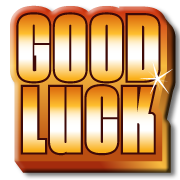
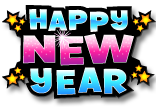
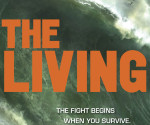


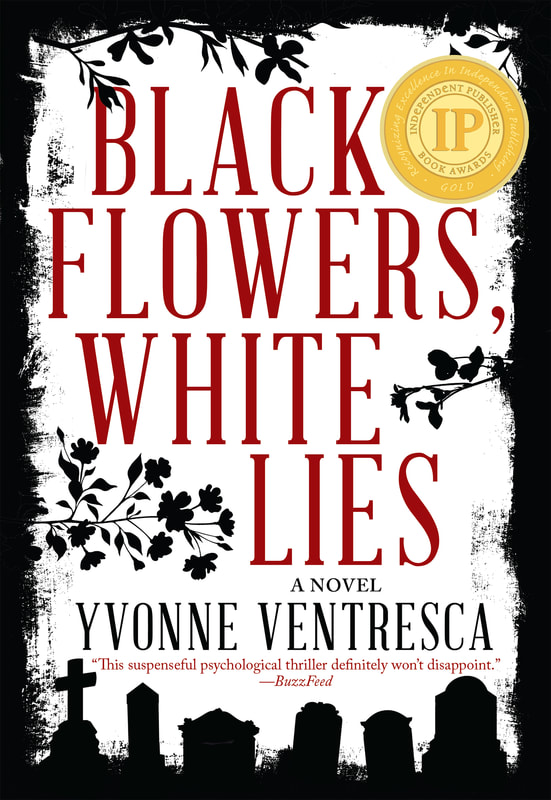
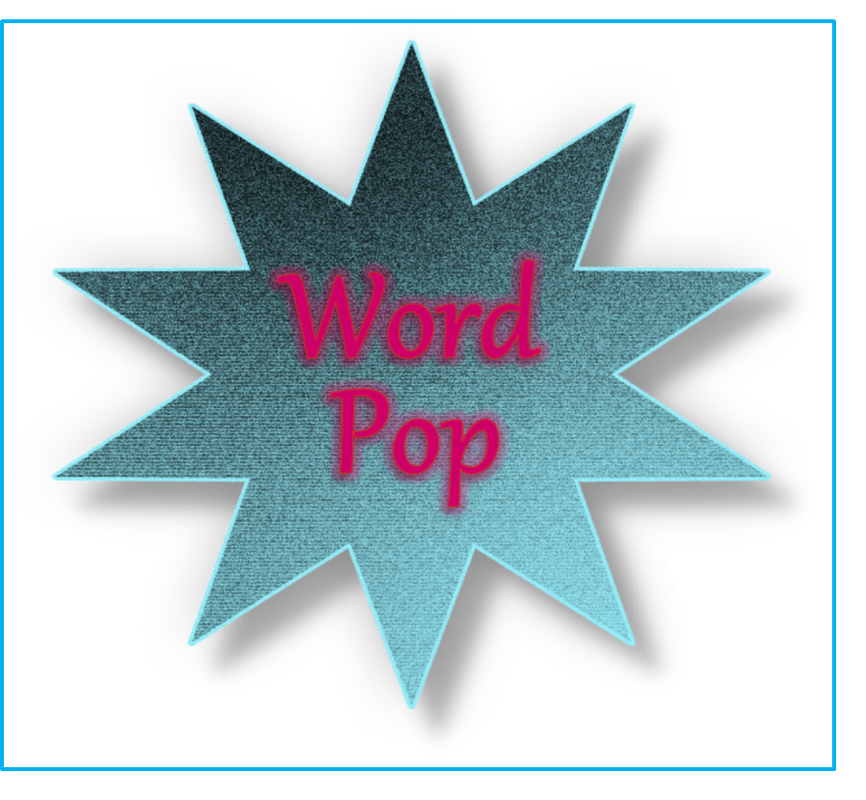
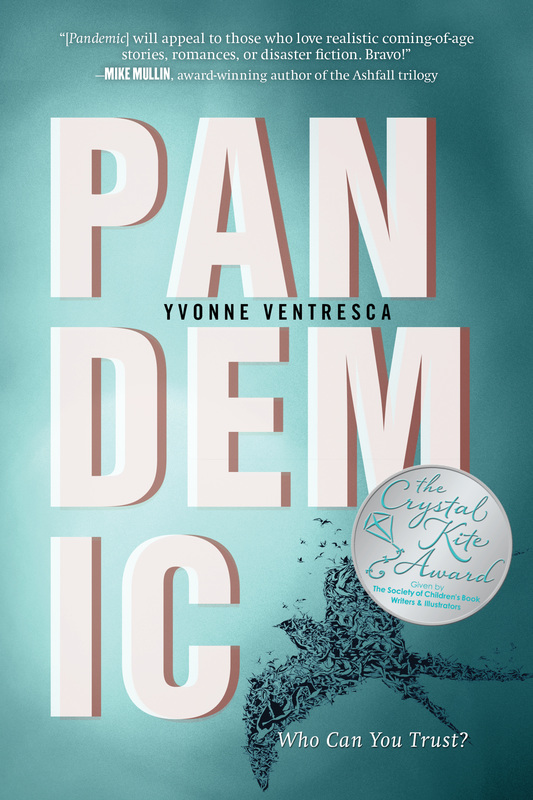
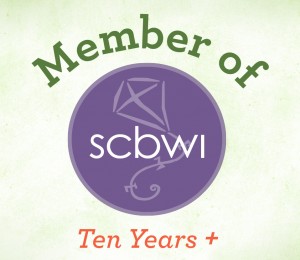

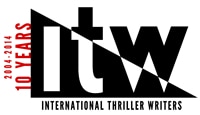
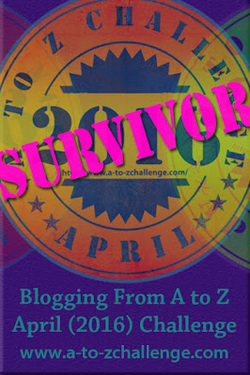
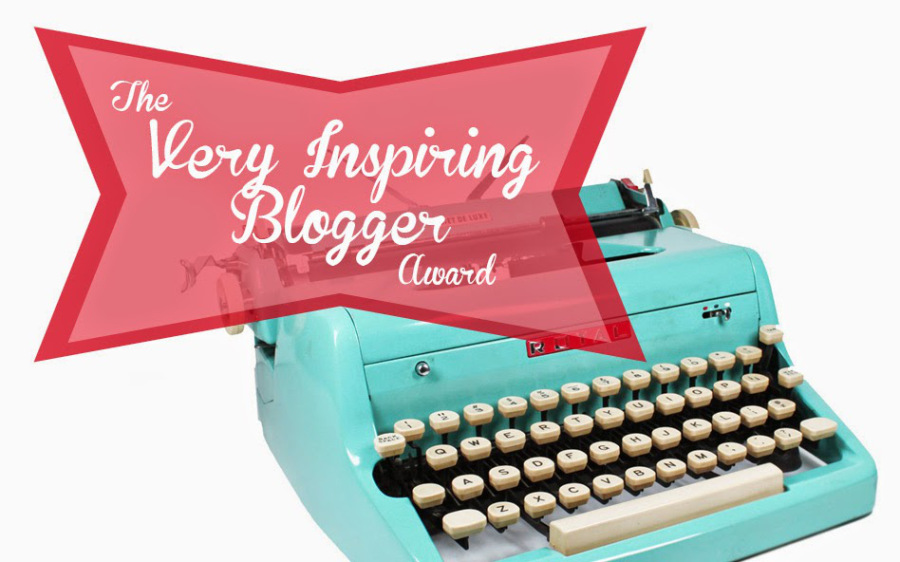
 RSS Feed
RSS Feed